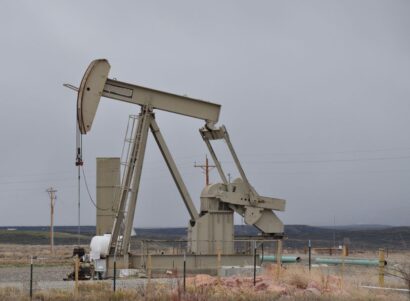Overview
Oil field wastewater (known as produced water) has been used to irrigate food crops in the Cawelo Water District since the mid-1990s. Recently, this practice has been expanded to North Kern Water Storage District in the San Joaquin Valley of California. The reuse of such oilfield produced water is being examined as a potential source of water for wider use in agriculture, livestock watering, groundwater recharge, and possibly drinking water in California, Western States, and increasingly throughout the world.
To assess the human health and environmental hazards of reusing this water, more information is needed on the types of chemical additives used during oil and gas development. It should be noted that the oil fields studied, for the most part, have not been hydraulically fractured. However, chemical use from routine oil and gas development activities appears to be widespread, necessitating further investigation.
This report was written by researchers at PSE Healthy Energy, UC Berkeley, Lawrence Berkeley National Laboratory, and the University of the Pacific and shares preliminary findings on the chemical additives used in oil fields that provide produced water, which is then reused for irrigating food crops, watering livestock, and recharging aquifers. We assess the disclosed compounds for acute mammalian and ecological toxicity, biodegradability, bioaccumulationn potential, carcinogenicity, and whether chemicals are included on State or Federal chemical advisory lists.
The findings of this report belong to the co-authors and do not necessarily represent the opinions of the Food Safety Expert Panel convened by the Central Valley Regional Water Quality Control Board in California, or any other party.

 Report
Report






